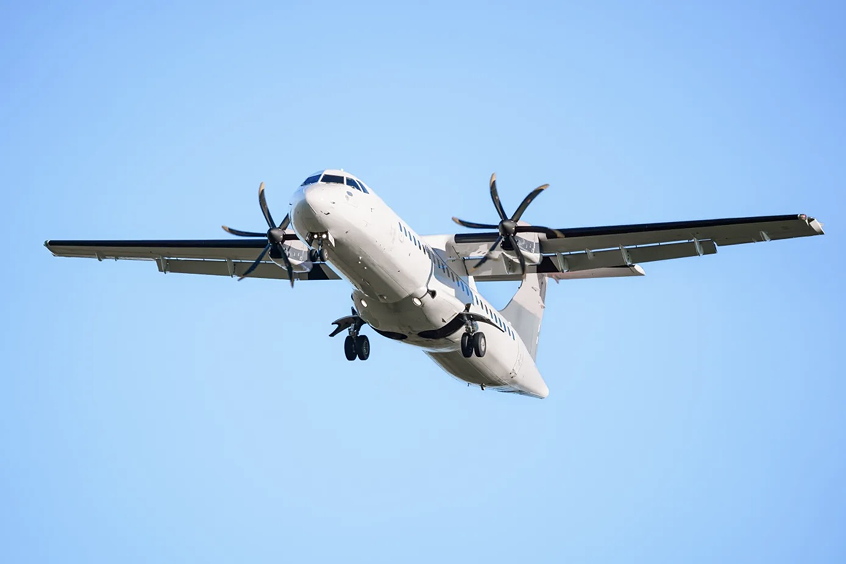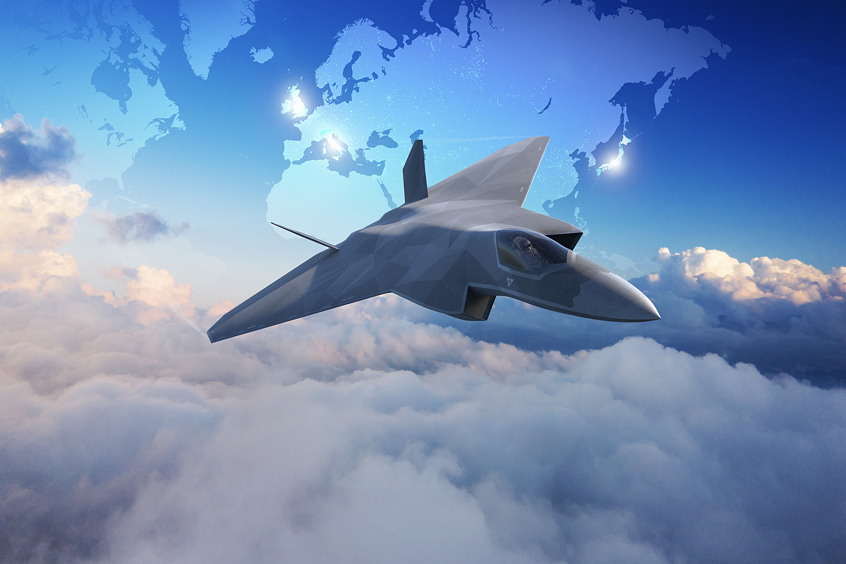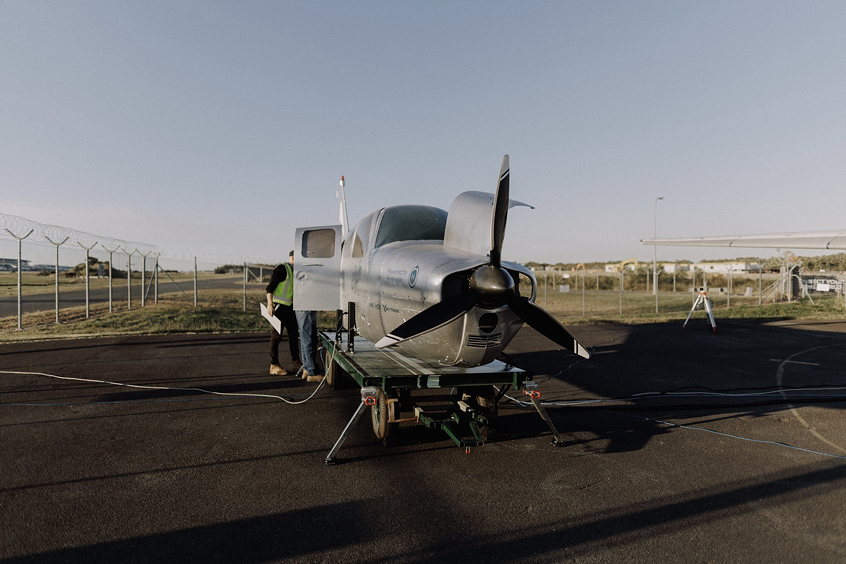Aurora Flight Sciences, a Boeing Company, is working under a subaward from the University of California San Diego (UC San Diego) to support a NASA University Leadership Initiative (ULI) project centered around advancing vehicle design for urban air mobility (UAM).
The project, titled “Rapid Development of Urban Air Mobility Vehicle Concepts through Full-Configuration Multidisciplinary Design, Analysis, and Optimization,” seeks to develop computational design tools that will help companies design higher-performance electric vertical takeoff and landing (eVTOL) vehicles faster and with greater automation by quickly determining key metrics such as the vehicle's performance benefits and sustainability.
This large-scale, open-source multidisciplinary design, analysis, and optimization (MDAO) tool will allow engineers to input desired parameters for a vehicle, such as the number of passengers, cruise speed, and range requirements. The tool will then be able to use those requirements to determine optimal vehicle design aspects including structural design, number and shape of rotors, and propulsion system sizing to best fit the user's needs.
Aurora brings broad, in-field experience from programs in eVTOL and urban air mobility, such as our Passenger Air Vehicle (PAV), its derivatives, and related commercial customer projects. Aurora is applying this industry experience and knowledge to support the development, validation, and integration of models into the MDAO tool.
As a part of this collaboration, Aurora engineers are providing the UC San Diego team with key datapoints needed to develop the tool's algorithms. This information includes industry insights, such as use cases and trade studies, along with existing experimental test and aircraft performance data collected from various sources. Aurora will help validate the MDAO tool by reporting deltas between it and existing tools internal to Aurora.
NASA's ULI program offers unique opportunities for collaboration between students and industry partners while promoting diversity in the industry by working with minority-serving institutions and underrepresented university faculties. Through the program, teams transition this university-developed technology from research to real-world applications in the industry. Aurora's involvement helps to build this bridge, while also contributing to an important program that could help make the development of future eVTOL and urban air mobility vehicles more efficient.
| Contact details from our directory: | |
| Aurora Flight Sciences, a Boeing Company | Airframer |
| University of California, San Diego | Academic Institutions, Technical/Eng/Scientific Studies, Design Services |
| NASA Armstrong Flight Research Center | Vibration Testing, Research/Consulting Services, Testing Services |
| Related directory sectors: |
| Design |
Weekly news by email:
See the latest Bulletin, and sign up free‑of‑charge for future editions.

Airbus Atlantic commits to EPI for metallic ATR components
Boeing commits to expand in Charleston County

GCAP partners agree to go ahead with next gen combat aircraft
